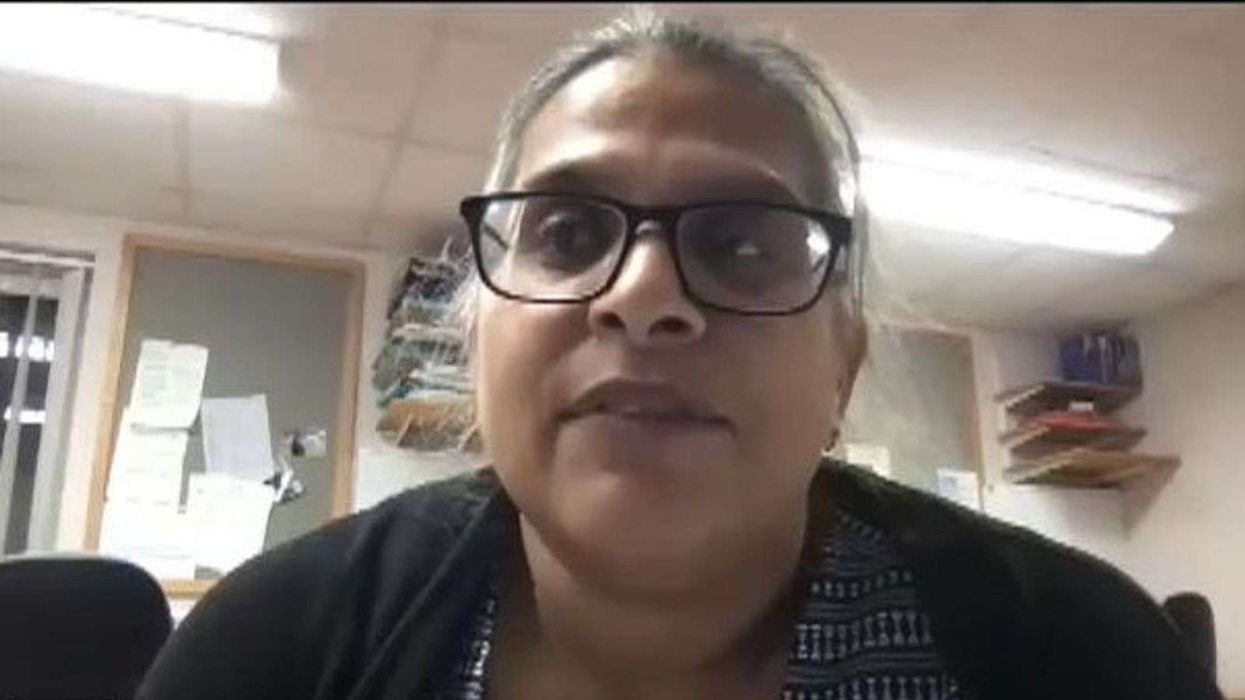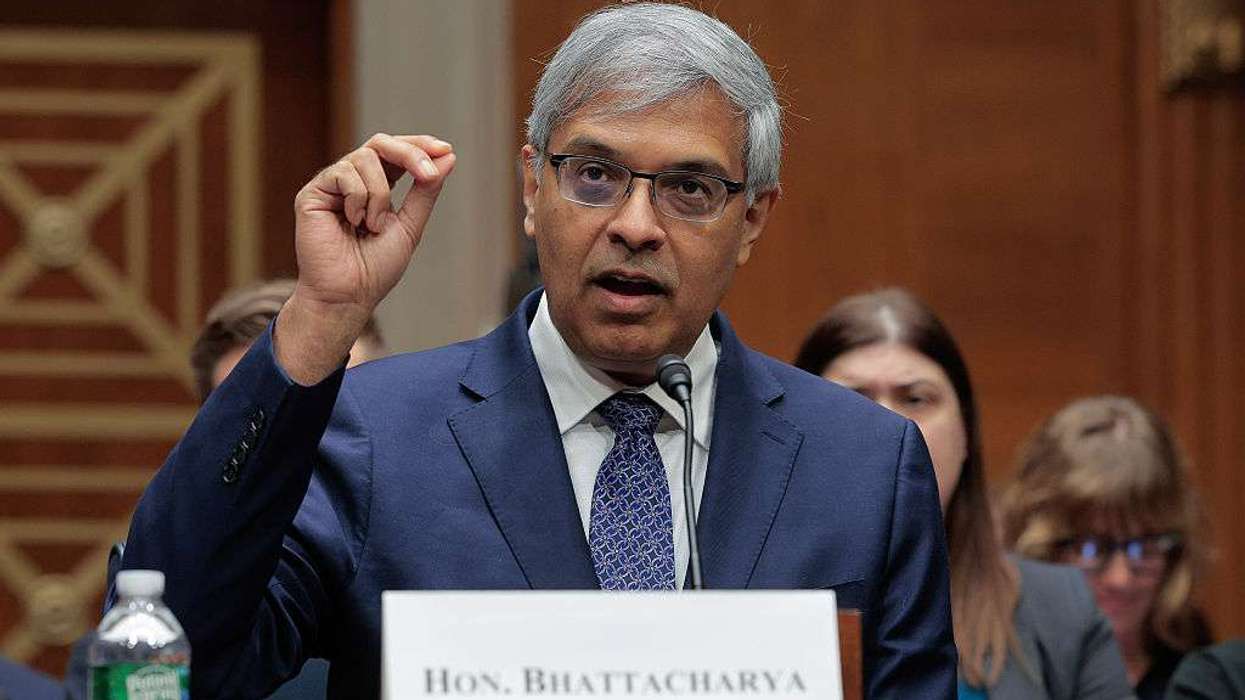MORE THAN 50 former patients of a surgeon under investigation for alleged botched operations have asked health secretary Wes Streeting to launch a public inquiry.
The group, who were children when they were treated by orthopaedic surgeon Kuldeep Stohr, have instructed lawyers to write to the government, the BBC reported.
Their cases form part of a major review by Cambridge University Hospitals NHS Foundation Trust (CUH), which is examining around 800 procedures that are feared to have “fallen below expected standards”.
Among them is Amy, now 16, who has been left with lasting pain and a permanent change in the way her leg works. “I feel like my youth has been taken, but not just my youth, my life,” she said.
The Department of Health and Social Care (DoH) said a wider national review would look at how complex orthopaedic surgery is managed and overseen.
Amy, from Bury St Edmunds, was nine when she underwent surgery on her left leg at Addenbrooke’s Hospital in Cambridge. An independent panel of external clinicians, chaired by Andrew Kennedy KC, recently assessed her case and found the care “did not meet the standards they would expect”.
Amy was born with Russell-Silver Syndrome, a rare growth condition that left one leg 3cm longer than the other. The review said the “rationale” for operating on her at such a young age, when her bones were still developing, “was not explained”.
It also found that metal plates used to slow the growth of her longer leg were too big and incorrectly positioned, causing pain and requiring replacement.
“I wouldn’t wish that pain on anyone,” Amy was quoted as saying. “Month after month I was healing, and when friends asked me to go out, I had to say I couldn’t. I missed out on so many opportunities.”
Her right leg was later allowed to grow too long, leaving it again 3cm longer than the other. “I remember crying and breaking down in the car because I had believed it was finally over,” she said.
Amy’s mother, Sharon, said she felt guilty for agreeing to the operation. “Addenbrooke’s had opportunities to address concerns raised by colleagues, but nothing ever came of it,” she said. Amy has since been diagnosed with post-traumatic stress disorder (PTSD).
CUH chief executive Roland Sinker, who took charge in 2015 when concerns were first raised about Stohr, said he was “deeply sorry for the harm” caused to Amy. “It should not have happened,” he said, adding that the trust was working to ensure such failings could not happen again.
An investigation by Verita, published last month, found that an external review in 2016 was not acted upon. Its author, paediatric orthopaedic surgeon Robert Hill, said the trust had shown “little, if any, insight” into the issues.
Stohr continued operating for several more years and was suspended only in 2024.
Hudgell Solicitors, acting for Amy, said the review findings were “deeply concerning” and called for full public scrutiny through a statutory inquiry.
A DoH spokesperson said the situation was “deeply distressing” and that the trust must implement all recommendations. A further independent clinical review is due next year, and NHS England is examining how oversight of high-risk children’s surgery can be strengthened.





